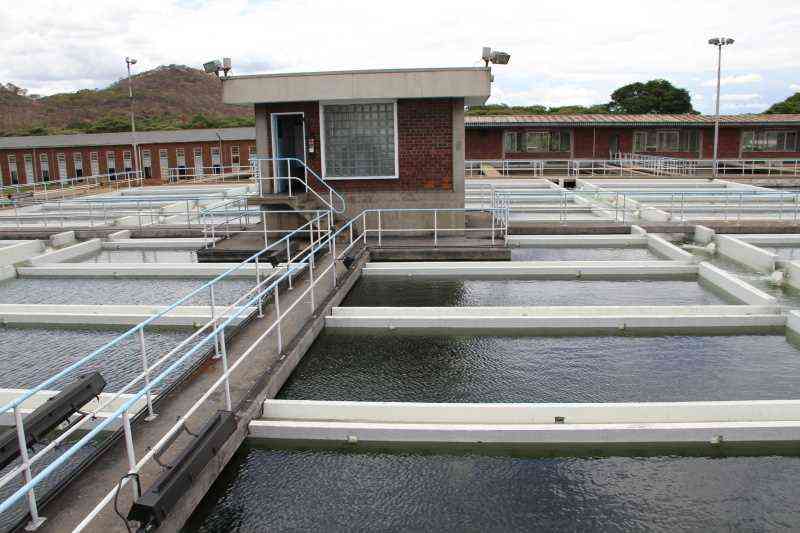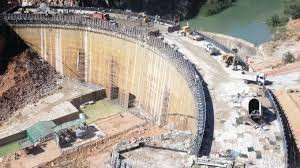
A CRITICAL shortage of chemicals is hamstringing Harare City Council (HCC)’s efforts to provide enough water to the capital city which is currently battling a major cholera outbreak.
Speaking during a media briefing in Harare yesterday Harare Water Technical Committee chairperson Professor Hodson Makurira said: “Chemicals are the main cause of the crisis we have and the supply has not been consistent as much we would have wanted, partly because of the dis-basements to clear the legal framework that exist within the City of Harare.”
Lands and Agriculture minister Anxious Masuka also told the same media briefing that Harare was producing at least 320 megalitres per day due to inadequate chemicals.
He urged HCC to engage suppliers willing to provide the local authority chemicals on credit to increase treated water production to 520 megalitres.
“The City of Harare has limited resources to purchase chemicals, so they will need to find suppliers willing to provide the local authority with chemicals on credit,” he said.
“Government has resolved to purchase a one-month supply of chemicals for the immediate relief of residents. This will increase treated water production capacity. Residents should see an immediate improvement in water supply.
Masuka said the deteriorating supply of water was unacceptable leading to the government intervention.
Meanwhile, Harare residents associations have welcomed the government’s move to introduce cholera suppression measures in the capital city as cases continue to surge.
- Chamisa under fire over US$120K donation
- Mavhunga puts DeMbare into Chibuku quarterfinals
- Pension funds bet on Cabora Bassa oilfields
- Councils defy govt fire tender directive
Keep Reading
Speaking to NewsDay yesterday, Combined Harare Residents Association director, Reuben Akili said the move was necessary because council was failing to fulfil its mandate.
The government launched operation Chenesa Harare to remove waste and provide clean safe water to residents, with waste removal being set to run until tomorrow.
“While we appreciate the government’s intervention at this level, we feel more needs to be done to last long term,” Aliki said.
"This is just removing the waste but there are no sustainability plans. The government must provide local authorities with a central dumpsite not to let people rely on the Pomona dumpsite alone.”
Harare Residents Trust director Precious Shumba, however, bemoaned the government’s unwillingness to implement devolution which he said has worsened the plight of residents.
“The government needs to be more committed towards the Water Sanitation and Hygiene services. This is a neglected sector. They come in at the tail end of a crisis when we would have lost lives. They must also look at offering service to the whole city. While we welcome the short term interventions, in the long term, we look forward to a sustainable plan,” he said.
The Amalgamated Rural Teachers Union of Zimbabwe (Artuz) has expressed concern over the government’s decision to open schools amid a cholera outbreak.
“We condemn the government’s reckless decision to open schools amidst the widespread cholera outbreak, completely disregarding the pressing concerns raised by parents and teachers.
“The safety and welfare of our students and teachers should be the utmost priority, but it seems that the government is callously neglecting this responsibility,” reads part of the Artuz statement.










